A large number of outstanding innovative talent is urgently required to accelerate the development of new quality productive forces, a national legislator said at a news conference during the ongoing second session of the 14th National People's Congress.
Huai Jinping, the minister of education and an NPC deputy, said education serves as the foundational and core driver for cultivating top-notch innovative talent.
The development of new quality productive forces needs outstanding talent in fundamental disciplines, interdisciplinary and emerging disciplines, as well as engineering and technical talent for the new industrialization, Huai said.
"This requires not only scientists but also top-notch technology leaders, innovative teams, and young scientific and technological talent," he said.
The demand for outstanding innovative talent is the most critical strategic resource to enhance the core competitiveness of China and an essential support for achieving technological self-reliance, he added.
China has the world's largest scale of higher education, with the universalization rate exceeding 60 percent by the end of last year.
"We are currently at a critical period when the demographic dividend is accelerating toward the development of high-quality talent," Huai said.
China will promote scientific education in basic education, which includes inviting scientists and technology professionals to schools and cultivating students' scientific habits, Huai said.
"We aim to stimulate the curiosity and imagination of primary and secondary school students, as well as strengthen effective connections between basic education and higher education," he said.
Universities are encouraged to leverage their distinctive strengths in talent cultivation. "We will focus on fostering talents in areas crucial for the nation's economic and social development," he said.
In response to public needs, China will promote the integration of education and industry, encouraging collaboration across various sectors to advance development.
"China will increase support for young scientific and technological talents in higher education, providing long-term and stable support at the early stages of their academic careers, which helps them to make original and transformative achievements," he added.








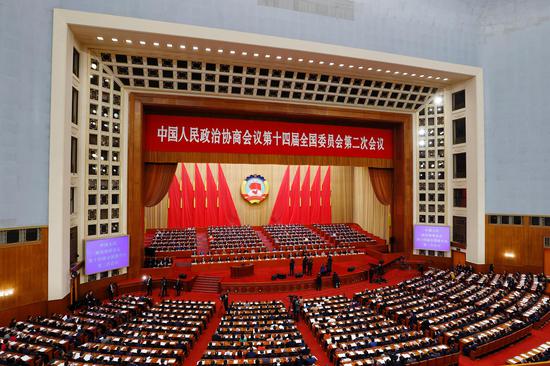

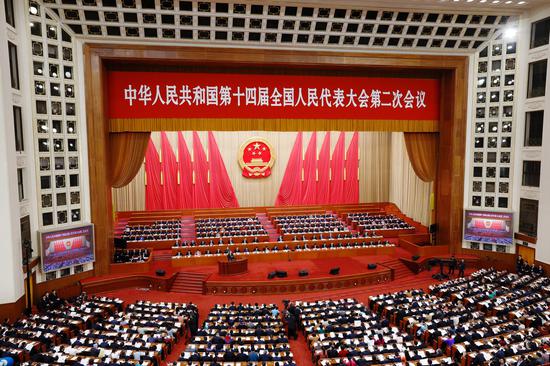
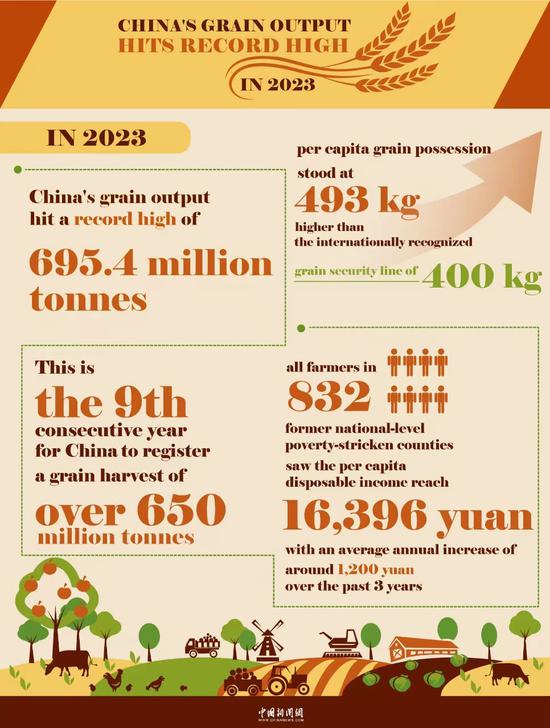
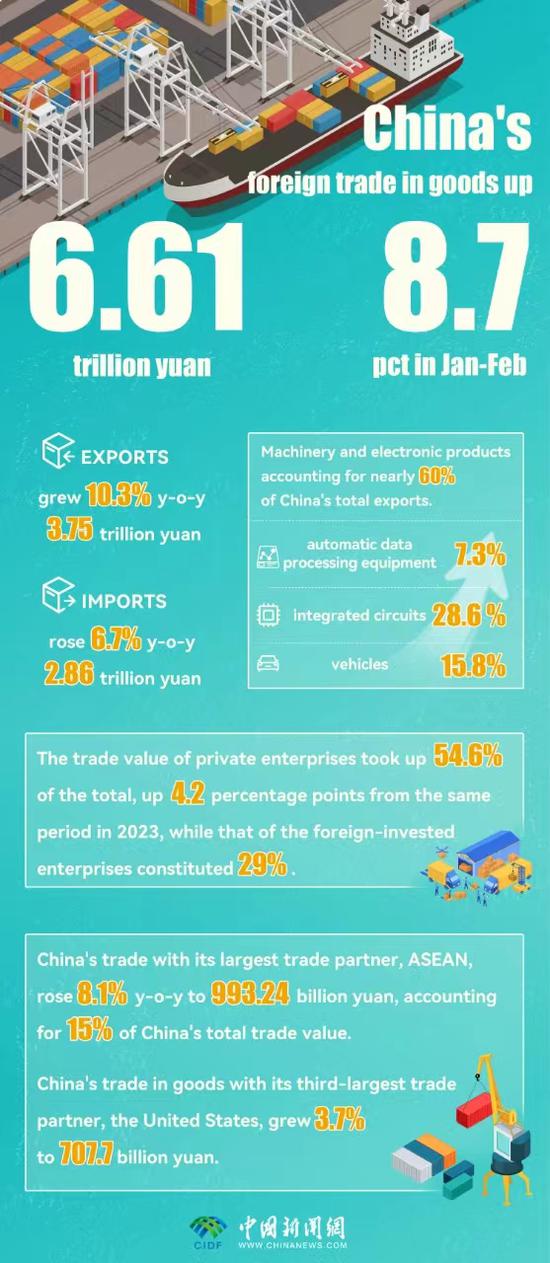
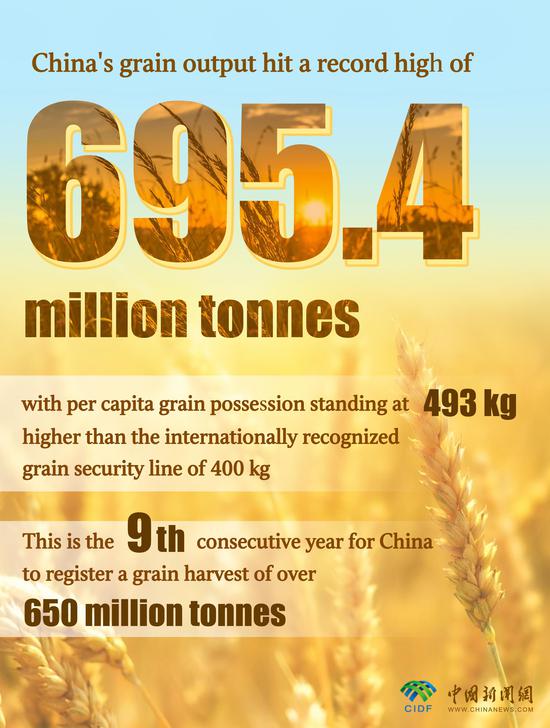
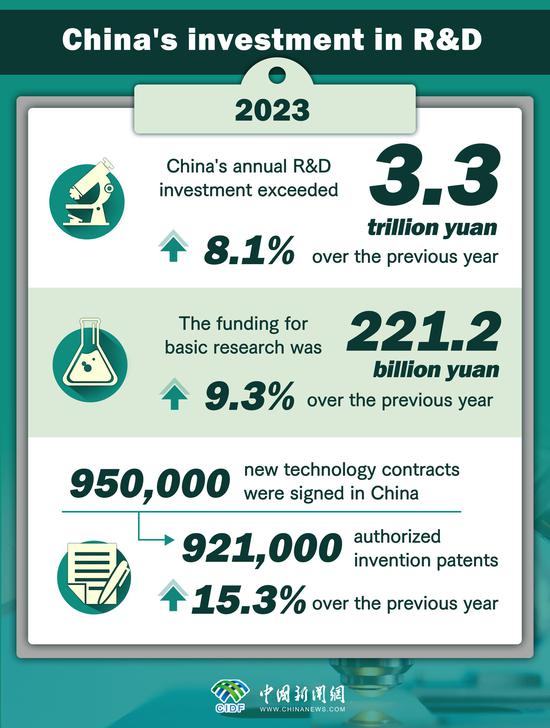
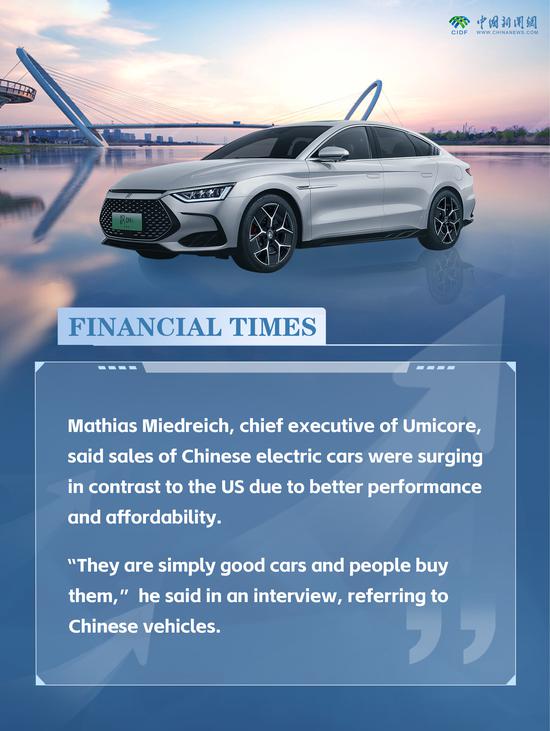





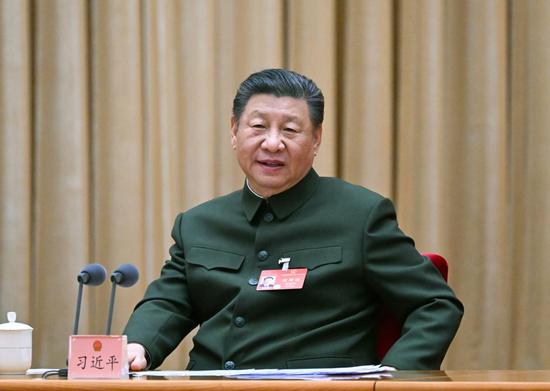

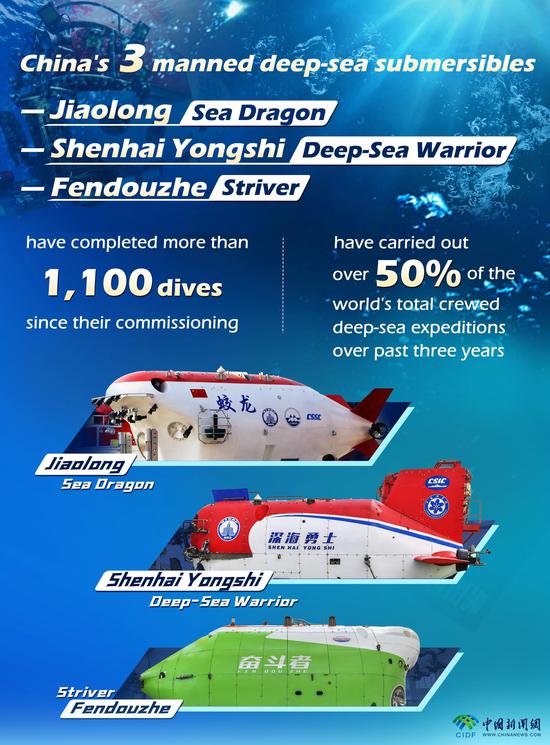
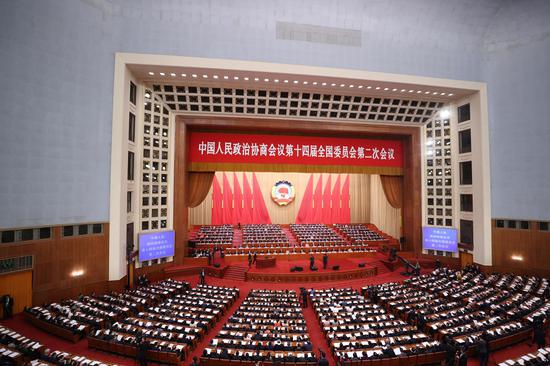
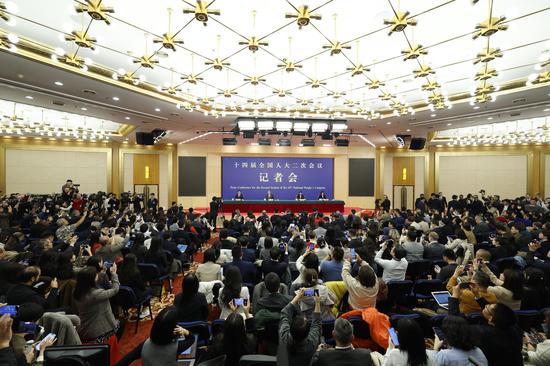

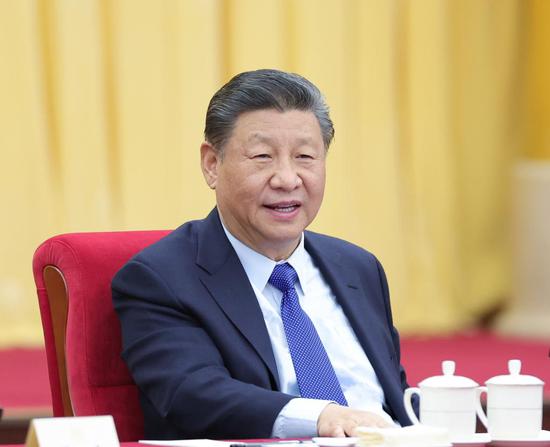
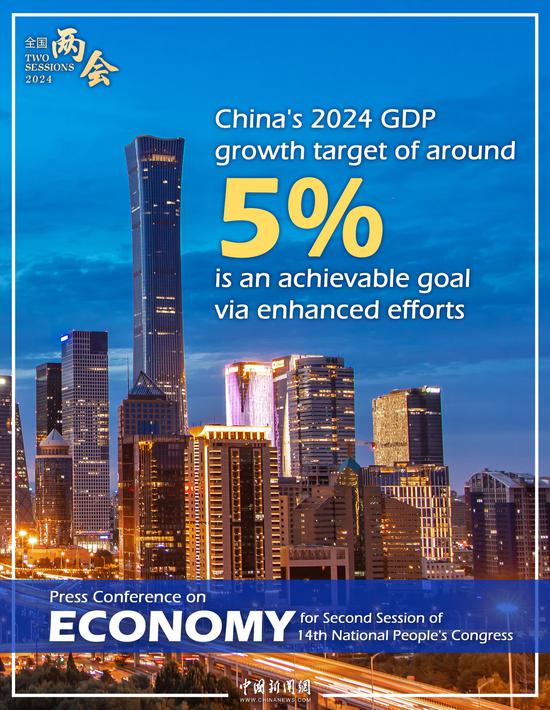



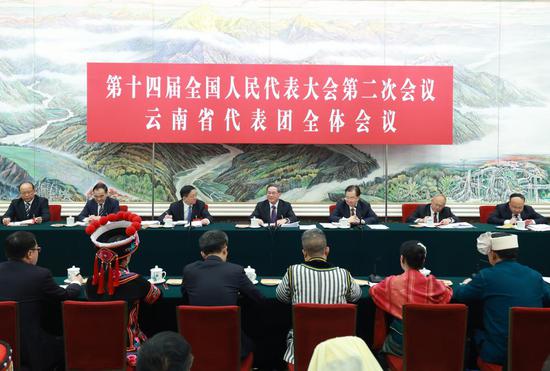
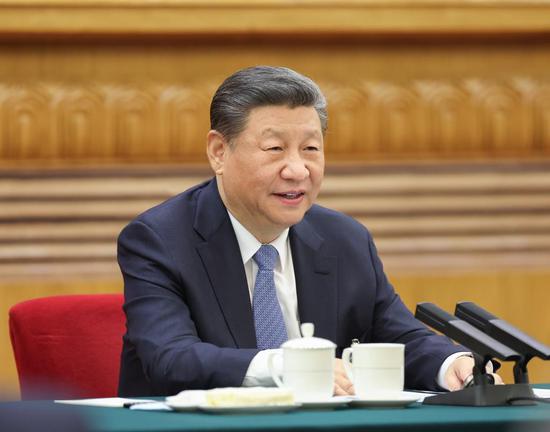

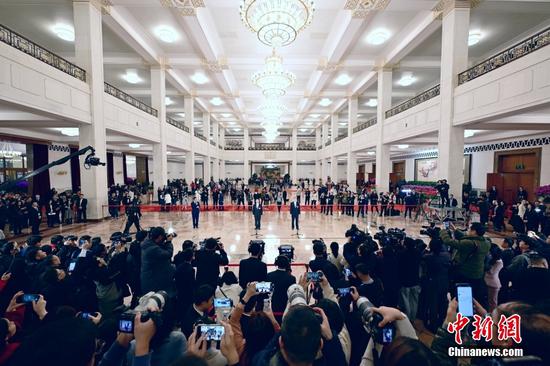
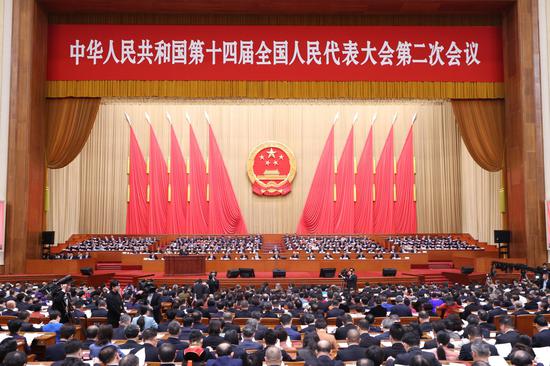

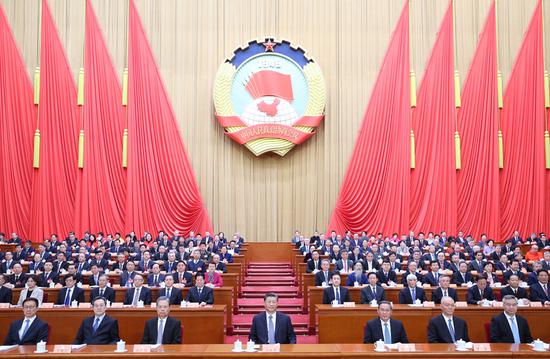
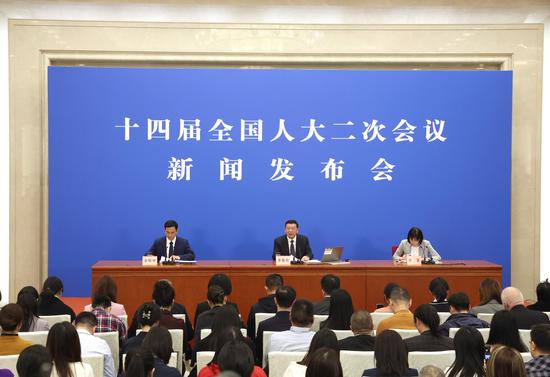




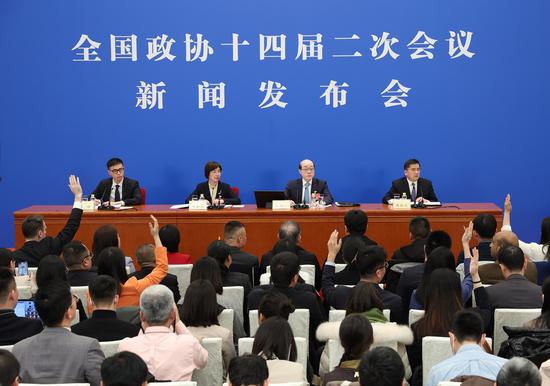





 京公网安备 11010202009201号
京公网安备 11010202009201号